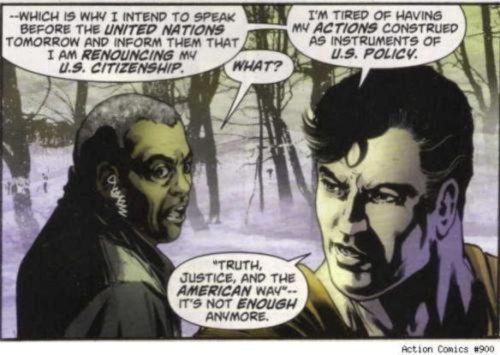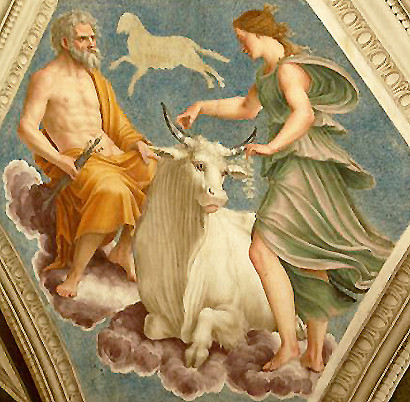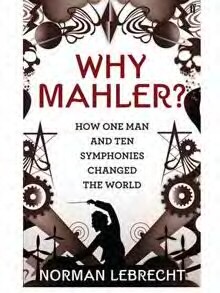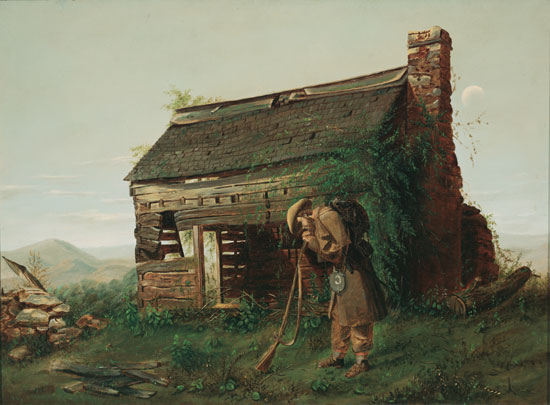Superman Shrugged
The recent release of a film adaptation of Atlas Shrugged has brought Ayn Rand’s fantasy of the world’s supermen abdicating from the role of stewards and leaders to a much wider audience. Within her frame, these men are noble and their decision to retreat into “Galt’s gulch” is an honorable response to the indignity and exploitation they’re exposed to. As others have noted, this fantasy doesn’t jibe with the current situation. While elites of yesteryear may have actually created wealth as titans of industry or ambitious innovators, today’s elites don’t make wealth, they take wealth.
To borrow from another book by Ayn Rand, today’s elites are Ellsworth Toohey, not Howard Roark.
And the “shrugging” that our White American elites are doing is less of a principled boycott than a manic fit of self-glorification. In the animated blockbuster Megamind, the presumptive hero “Metro Man” abandons Metro City to become “Music Man”, leaving the city to burn in the hands of the villains while indulging his juvenile hobby. This is a much better metaphor for the collective decision by our overlords to turn their backs on their stubborn and myopic White American minions. They’re not buckling under our burdensome demands as John Galt had been. They’re hellbent on making minions of the entire world, of upgrading from mere American elites to global elites.
In an emblematic case of art imitating life, Superman will be renouncing his U.S. citizenship in the upcoming edition, stepping up from the lowly post of being the steward of a nation (and thus an implicit nationalist) to becoming an exciting new global superhero. He doesn’t answer to us — he answers to the United Nations. Bill Gates, Warren Buffett, Barack Obama, and the rest of America’s elite have preceded Superman in their own quests to take the wealth and power they amass in America and pour it into the “developing” world. It’s a truly bipartisan effort, with Former President George W. Bush and his wife lobbying for the Middle Eastern women they haven’t buried alive or vaporized to have more “women’s rights“.










